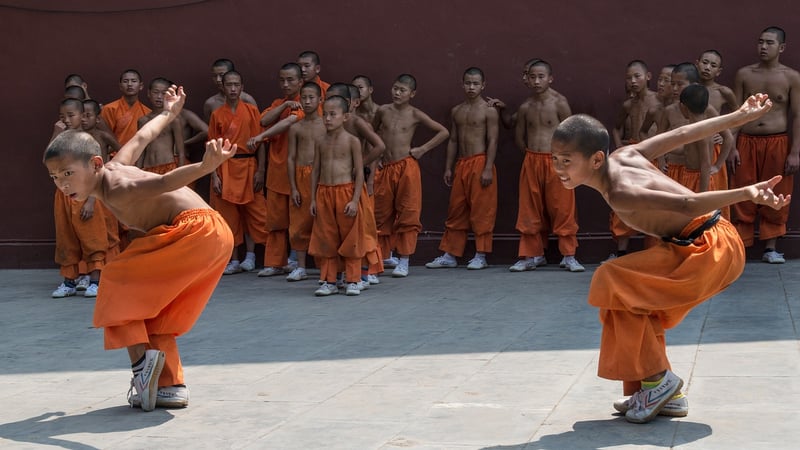Kung Fu
The Art of Self-Defense and Discipline: A Guide to Kung Fu
Kung Fu, a traditional Chinese martial art form, is not only about combat but also emphasizes self-defense, discipline, and personal development. Practiced by millions worldwide, Kung Fu offers a holistic approach to physical and mental well-being.
Benefits of Practicing Kung Fu
- Improves physical fitness and flexibility
- Enhances mental focus and concentration
- Promotes self-discipline and respect
- Boosts self-confidence and self-awareness
- Offers practical self-defense skills

Key Principles of Kung Fu
- Wu De (Martial Morality): Upholding ethics, integrity, and respect in practice and daily life.
- Jing (Focus): Cultivating mental focus and concentration to execute techniques effectively.
- Qi (Energy): Harnessing internal energy for strength, balance, and agility.
- Shen (Spirit): Nurturing the mind-body connection for holistic well-being.
Self-Defense and Kung Fu
Kung Fu techniques focus on practical self-defense strategies that utilize both striking and grappling movements. By practicing self-defense scenarios, students of Kung Fu can develop the skills and confidence needed to protect themselves in real-life situations.

Discipline and Kung Fu
Discipline is at the core of Kung Fu training. Through rigorous practice, students learn the value of perseverance, dedication, and consistency. The structured environment of a Kung Fu class instills a sense of discipline that extends beyond the training hall into all aspects of life.
Conclusion
Whether you are looking to improve your physical fitness, enhance your mental focus, or learn practical self-defense skills, Kung Fu offers a comprehensive approach to personal development. By embracing the principles of self-defense and discipline, practitioners of Kung Fu can cultivate a balanced mind, body, and spirit.
Begin your Kung Fu journey today and experience the transformative power of this ancient martial art!
